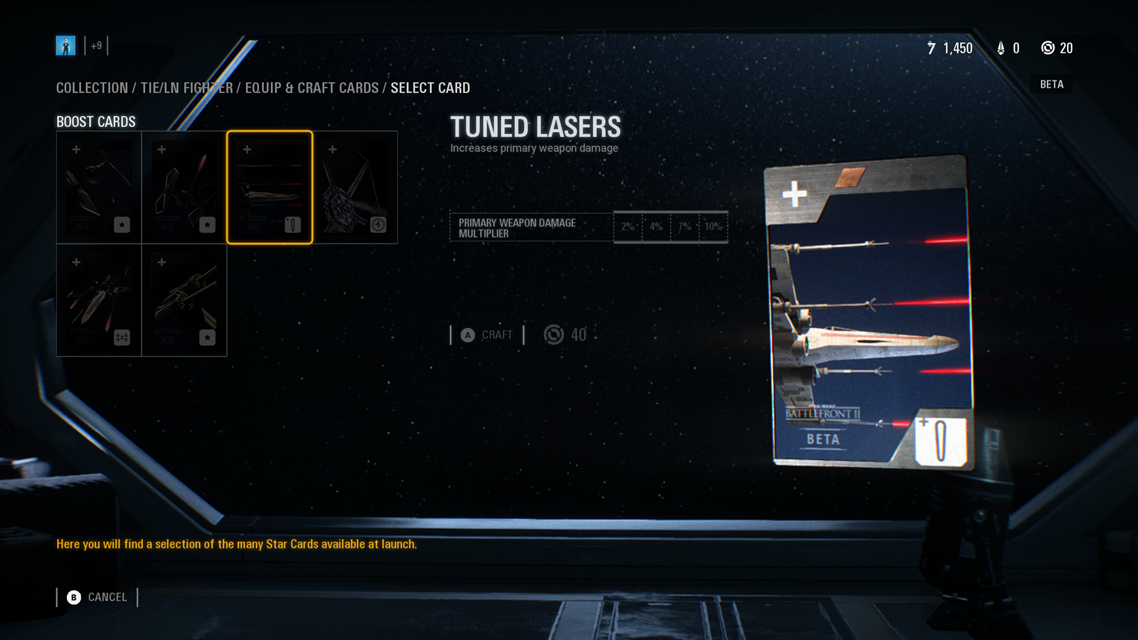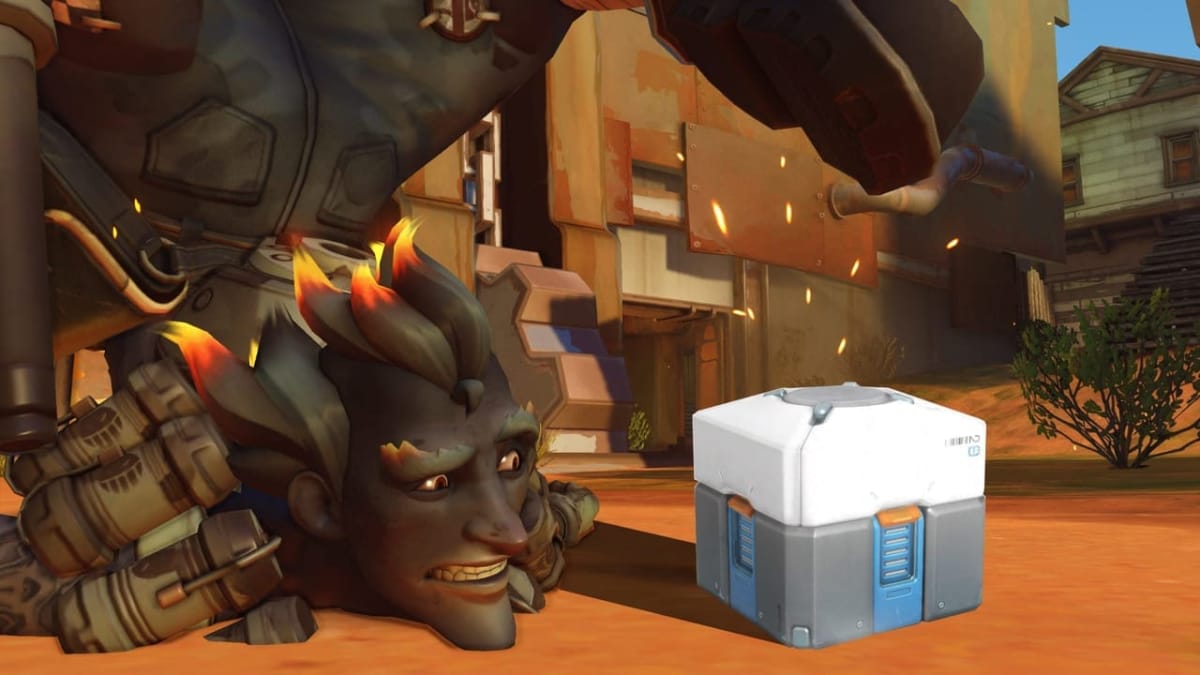Hawaii state Representative Chris Lee may be many things, but he certainly is a man of his word when it comes to tackling loot boxes in games. As of February 16, 2018, a mere couple of months after the Star Wars Battlefront 2 debacle, a series of bills were introduced to the Hawaii State Legislature basically proposing that, similar to China's own loot box law from several months ago, gaming companies must disclose whether or not their game has some form of loot box mechanic and the drop rates of said loot boxes, if applicable. In addition, people who are under the age of 21 would, if these bills pass, be prohibited from buying games that feature loot box mechanics.
Whether or not the aforementioned bills will pass into law remains to be seen, but it sets up a rather interesting precedent: if Hawaii can, directly or otherwise, regulate the content of games via law on the basis of protecting minors from gambling, then what's stopping other politicians from passing similar laws? It would be a fascinating conundrum for game developers and publishers to handle, and given the disgusting depths that some companies have plunged to to make a quick buck off of people, some would say that this has been a long time coming.
For what it's worth, Hawaii House Bill 2686 and House Bill 2727, examples of the loot box bills, certainly look impressive, with a fairly comprehensive summary of how loot boxes work and so on and so forth. Bill 2727 seems to be fair enough, doing what it can to educate people on the matter, though (by means of audit) it gives the government power to look into the code of a game, plus it gives developers an incentive to implement microtransactions prior to release as the Bill would prohibit the introduction of microtransactions after launch. Furthermore, the wording of "No video game publisher shall at any time modify a game to contain or otherwise permit the inclusion of additional content for which the game was not appropriately labeled at the time of original sale" seems a bit vague and can be conceivably used to prohibit the development and selling of actual DLC, expansion packs, and things of that nature that people would actually have no problem with.
However, the more keen eyed among us may have noticed that there's no practical way for Bill 2686, which is certainly the more ambitious of the two, to be enforced that wouldn't incite riots in the streets. For starters, society generally doesn't and shouldn't view games, even if they have the worst and most predatory microtransactions possible, as being nearly as morally reprehensible as tobacco or alcohol. So, it seems rather dubious that some poor kid's parents are going to report the local Gamestop to the authorities for selling Star Wars Battlefront 2 to someone who is old enough to die for their country in some far off land but apparently not old enough to spend a couple of dollars on some in-game skins or loot boxes or whatever the new carrot on a stick may be.

Even if the matter of enforcement were handled in a reasonable manner, the bills completely miss the crux of the problem. While it is true that the bills do address loot boxes as a form of gambling for a new age, it only refers specifically to randomized rewards. That a game like GTA V, which is arguably one of the worst offenders in history when it comes to microtransactions, would be completely unaffected by the bills is a laughable oversight. For that matter, as the bill only covers the sale of games, it would theoretically not affect free to play games since, well, the games themselves are not being sold; free to play games are used as a vector to sell microtransactions, but no money is being exchanged in the acquisition of the game itself. Thus the question of what these bills are intended to accomplish remains unanswered as it would be a trivial matter for game developers and publishers to implement systems where people can spend real money to get a randomized amount of fake money, accomplishing nothing other than raising another series of debates over whether or not exchanging real currency for a fake currency is considered a reward. That's not even touching the fact that far more predatory microtransaction practices exist in free to play games compared to even the likes of Star Wars Battlefront 2.
Indeed, pessimists may view this new turn of events as nothing more than a grandstanding gesture that is designed to raise awareness of a certain politician at best, and a deeply concerning step towards a new form of "big brother" at worst. After all, politicians desire power above all else (despite what they may say in public), and what greater power can there be outside of being able to control what kind of media reaches people and how they spend their money? That some gamers cheer on such potential laws is worrying when it took most of the last decade, if not more, for games to receive the same legal protections that movies and books enjoy as extensions of free speech.
Have a tip, or want to point out something we missed? Leave a Comment or e-mail us at tips@techraptor.net













